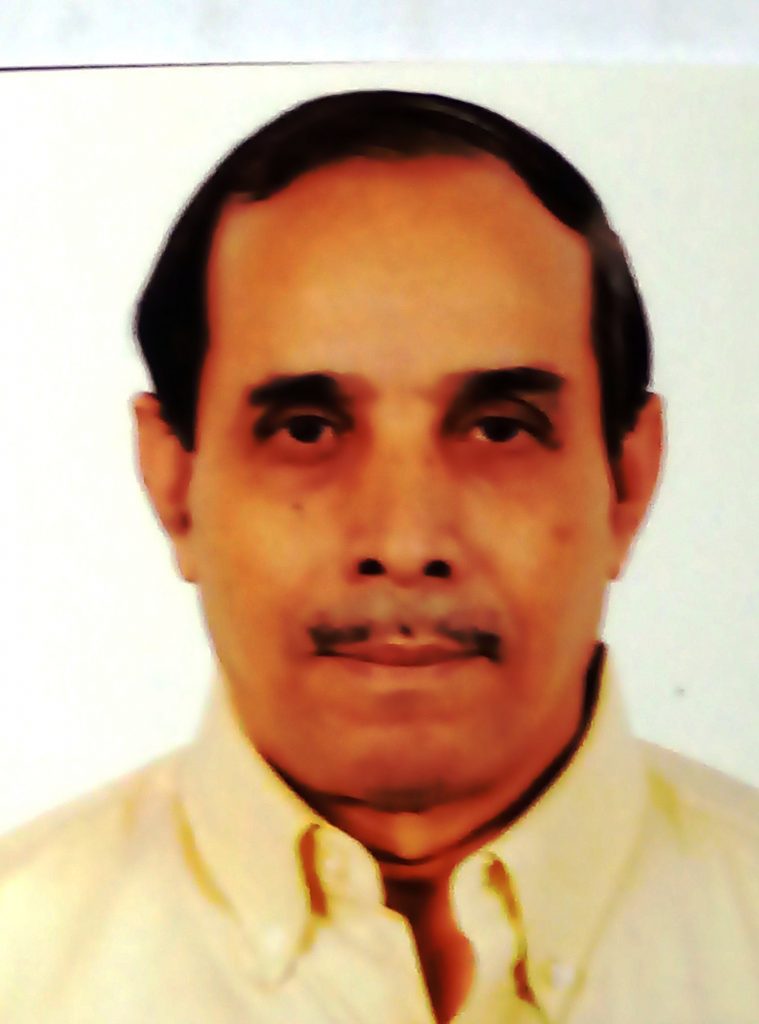Mostafa Kamal Majumder
When I joined journalism the political arena was extremely polarized. The language of politics of especially the opposition was so strong that verbatim reporting of their viewpoints would lead to rejection of the news copy because the gatekeepers were extremely careful to avoid incurring the displeasure of the people in the corridors of power that be. The dilemma was to report on events full of narratives that are couched in offensive vocabularies and are not only impolite but also often cross the border of defamation. Most political parties or groups in the early seventies were from among those who actively took part in the War of Liberation and were prolific in their damn care expressions. A reporter thus had to be very careful in reporting their key messages avoiding verbatim expressions. I distinctly remember a senior member of The Bangladesh Times news desk raised his eye-brews to an expression like, ‘The Editor of Samakal, Poet Sikandar Abu Zafar demanded philosophical clarity of what is being professed by the government as its objectives and goals’. The poet’s statement, however, was sober enough and did not cross the limits of decency. Opposition political leaders would leave no strong term unturned to vent their anger against the government. The duty of a reporter was to discern the key messages like their opposition to things or their demands for certain things to be done, to curve out a news story. One can call this self-censorship. But what a reporter can do other than this to give an account of an event without displeasing his publishers or without letting his story to be killed. Another aspect of the dilemma is if his reports are not published his credibility with the opposition is finished and the reporter would not have the acceptability to cover similar events in future.
Most probably in December 1974, there was a meeting at the Dhaka University Department of Bengali where students protested a move to defame Prof. Muhammad Abdul Hye who was killed under the wheels of a train in the late sixties. The students protested the terming of his death as a suicide. Certain quarters made allegations accusing some of his colleagues of allegedly prompting him to ‘commit suicide’. In the meeting names of some quarters were also mentioned. A reporter from the Daily Purbadesh (now defunct) Sunity Kumar who was also a student of the department requested me to do a detailed story on the plea that the speakers at the meeting were unable to spell out the whole story. I knew what I shall do. Next morning Sunity Kumar’s story did not see the light of the day.
The problem assumes bigger dimensions during times of military rulers who either introduce formal censorships or establish a system of offering advice every evening on which news will go and which not. This system reached its epic levels in the eighties. Apart from Martial law regulations through which publication of reports on certain activities, events, utterances or things were prohibited; the Press Information Department (PID) was utilised to offer advices to newspapers and news agencies every evening. So rigorous was the follow-ups to the advices that newspapers and news agencies used to maintain advice books at the central news desks. The first duty of every shift in charge of a newspaper or agency was to read the newest advices. One such interesting advice was not to call crackers exploded by opposition elements ‘bombs’. Another was to term ‘hartals’ (shutdowns) called by the political opposition as ‘programmes’. Reporters like us had to find ways to convey stories inoffensively without violation of regulations or advices.
The problem has another dimension like in other countries of the world. Newspapers and the electronic media are categorized into pro-government and pro-opposition entities. Reporters working in pro-government newspapers have to work very hard to have rapport with opposition political workers and leaders. Similarly, those working in pro-opposition newspapers have to make extra efforts to have access to exclusive items of news emanating from government sources. Generally speaking, it is easier to work in opposition newspapers because government bureaucrats are normally nonpartisan and are open to all reporters in respect of pieces of information that are politically harmless to the party in power. In respect of publication of news items, however, both categories of newspapers and electronic media have to care about official restrictions.
On one occasion the News Editor of The Bangladesh Times was called by the security forces, detained and interrogated for a whole day for publishing a story on the Drug Policy approved by the Government of General Hussain Muhammad Ershad soon after the promulgation of Martial Law rule in 1982. As per the statement of the said News Editor, the security personnel wanted to know why on earth The Bangladesh Times published the story when international media like the BBC, the Voice of America or other big local newspapers refrained from doing so. His reply was there was no bar on the publication of a decision that was approved by the government.
The advices themselves from the PID made interesting stories on occasions. One Principal Information Officer who served the government for the longest period of time and conveyed advices was fondly called Jibrael (Gabriel) in media circles. Sometimes advices led to information on stories that had not been known to the media before. One such story was the massacre of residents of BhusanChhara village in the Chittagong Hill Tracts in the mid eighties. The advice was not to publish the story on Bhusanchhara. Journalists in Dhaka did not know of the massacre of the village of Bengali settlers by an armed group of insurgents because the spot was at a remote area of the Chittagong Hill Tracts. The story would have taken days to reach Dhaka unless disclosed by government agencies. The PIO’s advice gave inquisitive reporters the lead to the story and they investigated it using their own sources to make it public.
24 July 2020




